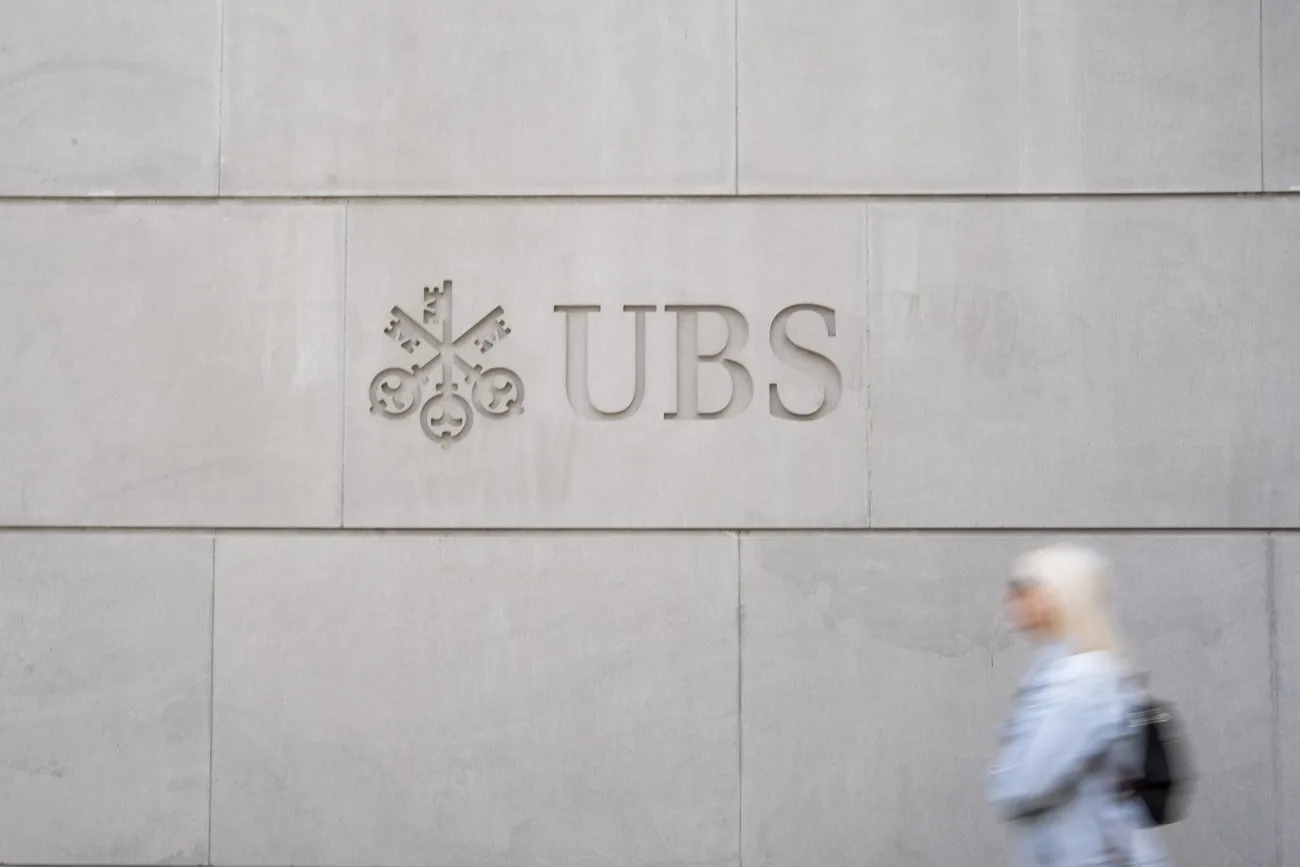In the banking system, every regulatory step has the power to reshape the trajectory of an entire industry. This is precisely how we at YourDailyAnalysis view the Swiss government’s decision to launch consultations on a key requirement for UBS: over the next seven years, the country’s largest bank must fully capitalize its foreign subsidiaries. At first glance, this may seem like a technical adjustment, but in reality it is an attempt to rebuild balance after the collapse of Credit Suisse and to restore confidence in Switzerland’s financial system.
According to the plan, the minimum core capital coverage must stand at 65% when the rule takes effect, and then increase by 5 percentage points annually until reaching 100%. In practice, UBS will need to raise an additional $24 billion, sparking heated debate in the business community. “This requirement is designed to enforce the principle of too big to fail and reduce systemic risks,” our analysts at YourDailyAnalysis emphasize, noting that regulatory pressure emerged as a direct response to the crisis of trust that unfolded in 2023.
UBS, however, has openly opposed the measure. The bank’s leadership describes the requirements as excessive and misaligned with international standards. We see this not merely as a complaint about higher costs, but as a strategic signal: UBS fears a loss of global competitiveness. “When Zurich’s financial giant warns about risks to national competitiveness, it signals that the issue is not just about capital, but also about Switzerland’s attractiveness as a financial hub,” add our experts at YourDailyAnalysis.
The Swiss government, the Swiss National Bank (SNB), and FINMA insist, however, that such measures are indispensable for restoring confidence in the sector. The lesson of Credit Suisse remains fresh, and regulators appear determined to avoid a repeat scenario in which a single institution becomes a systemic risk. Consultations will run until January 9, after which the draft legislation will move to parliament.
At YourDailyAnalysis, we see two scenarios. In the first, the government softens its parameters, seeking compromise to ease pressure on UBS. In the second, it holds firm to strict capitalization, bolstering financial stability but forcing UBS to reconsider its strategy, possibly accelerating the shift of assets outside Switzerland.
Our forecast: UBS will have no choice but to adapt, but the debate over these rules will ultimately reveal the price Switzerland is willing to pay for investor trust. For global markets, this is a signal that the era of “ultra-light regulation” for the banking sector is fading. We recommend investors closely monitor not only UBS’s financial performance but also the details of the legislative process: these will determine whether Switzerland retains its status as a “safe haven” or cedes ground to competitors in Europe and Asia.















